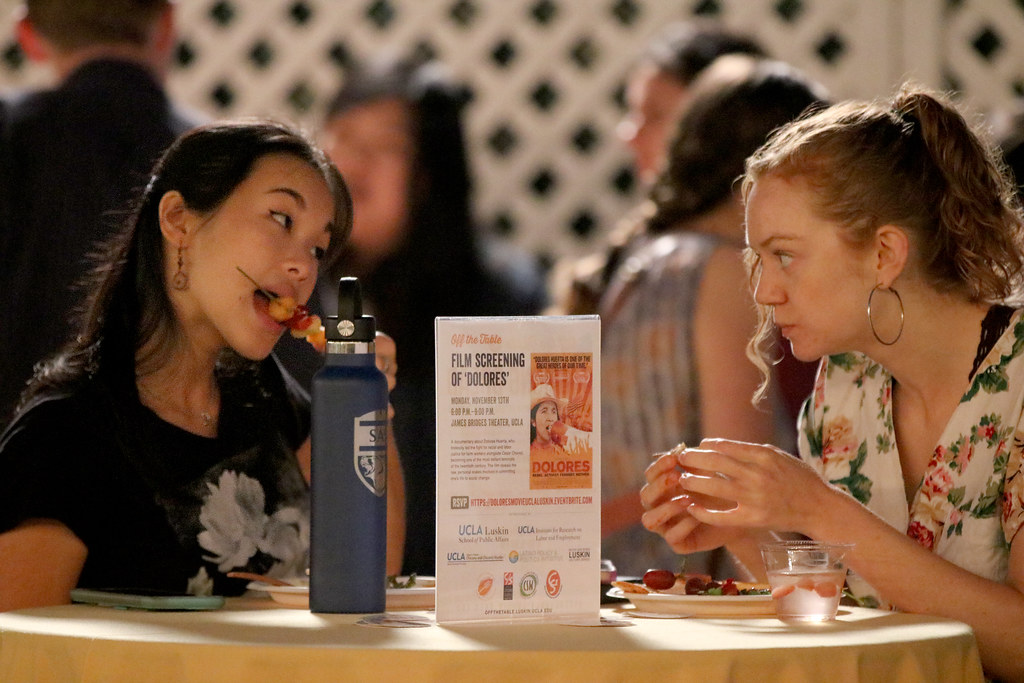Report Finds Spike in Food Insecurity, Patterns of Inequality
A new report from UCLA Luskin’s Center for Neighborhood Knowledge (CNK) documents a surge in food insecurity across the United States during the COVID-19 pandemic. By mid-July, more than 64 million people reported difficulty getting enough to eat — a level of food insecurity that is higher than that experienced during the Great Recession, the study found. Federal government programs did provide food, employment and housing assistance to help Americans weather the pandemic, but “that did not prevent rising crisis levels of hunger and food insecurity,” said CNK Director Paul Ong, co-author of the report. Households experiencing food insecurity increased from 10.5% in October 2019 to 18% in late April and to 26% by early July, according to the study, which analyzed data from the U.S. Census Household Pulse Survey. Researchers also identified patterns of inequality along ethnic and racial lines: Between April 23 and July 21, 2020, food insecurity was reported by 36% of Black and 31% of Latino households, compared to 16% of non-Hispanic white households. Shelter-in-place mandates contributed to the high level of food insecurity, with some respondents saying that health issues, transportation problems or fear kept them from going to the grocery store. For most, however, the problem was financial, with nearly 80% of those suffering food insecurity reporting that they could not afford to buy more food. “Using a strictly rational approach, increasing access to healthy food would reduce health care costs and the loss of lives, which would benefit all society,” said co-author Tom Larson, professor emeritus at Cal State Los Angeles. “Morally, providing aid is just the right thing to do.”

